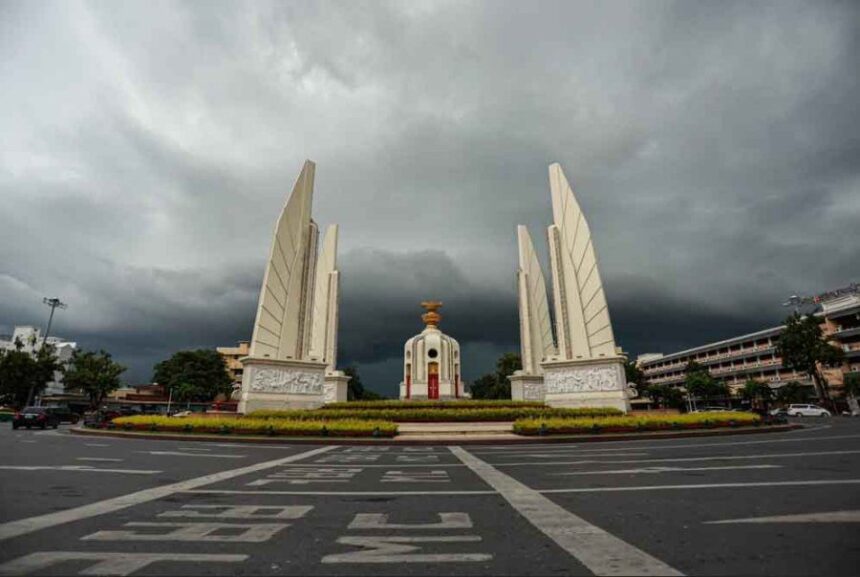December 11, 2024
Bangkok – Progress has been slow, however, and uncertainty remains over whether the new constitution will be completed within the current term of Congress.
Referendum preparations
In October last year, the Pheu Thai-led government established a committee chaired by the deputy prime minister Puntam Wijayachaito examine the structure and requirements for a referendum to draft a new constitution.
After four months of deliberations, the committee submitted its findings to the government.
In August, the House of Representatives passed a referendum bill, but progress has been slow.
Among the various proposals included in the first reading, the government’s version seeks to establish a “simple majority” rule, whereby any majority vote would be considered valid.
Senate opposition
However, the Senate opposed this approach, arguing for stricter conditions.
The House of Lords proposes that the referendum result be binding only if more than 50% of eligible voters participate and a majority of voters approve the measure, a process known as a “double majority.”
In accordance with the law, with the House and Senate holding firm positions, the amendment was submitted to a 28-member joint committee (14 from each house) to negotiate a compromise.
Referendum timetable
If the joint committee cannot reach an agreement, the bill will be delayed for 180 days and may be revisited next April.
If the House of Representatives approves the bill with a simple majority when it resumes session in July, it could skip Senate approval and go directly to the king for royal assent.
If all goes according to plan, the first referendum could be held in January 2026.
However, this process may take longer. Legal experts are still debating how many more referendums — possibly one or two more — will be needed in addition to the first before a new constitution can be drafted.
future challenges
One of the main requirements is that the new constitution should be drafted by a constitution-drafting body directly elected by the people.
The establishment of this charter-drafting body poses further challenges, as it requires another election. Furthermore, amending Article 256 of the current constitution – necessary to create a drafting parliament – would require three rounds of approval by the House of Representatives and the Senate.
With so many steps and potential delays, uncertainty remains over whether Thailand will have a new constitution ready by the next general election in 2027, as many hope, or whether there is any way to make things happen faster.












